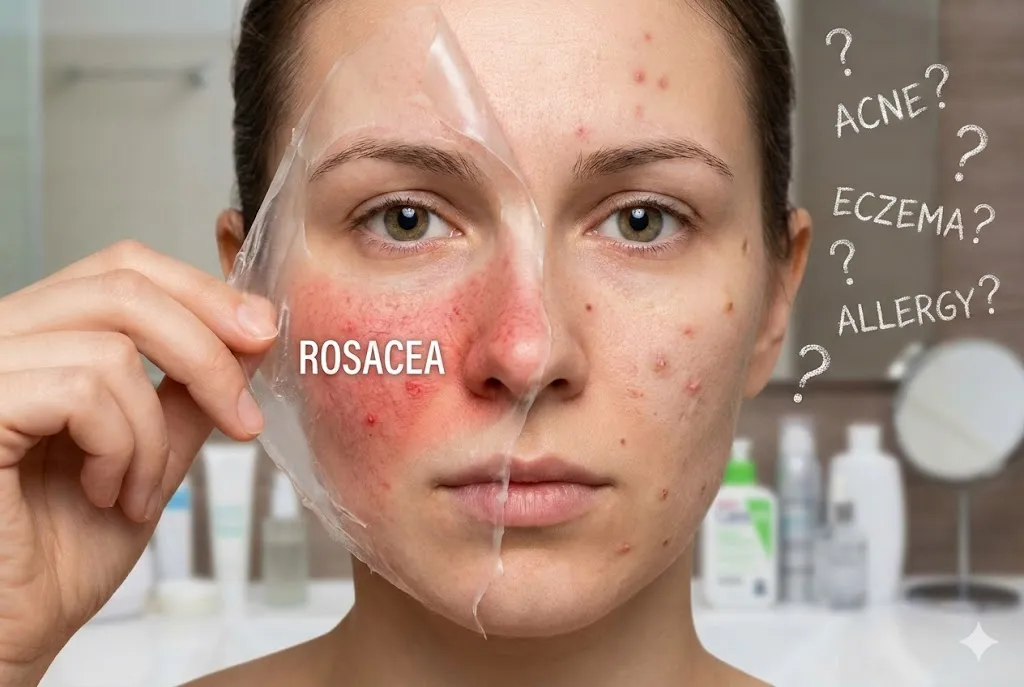Henoch Schonlein Purpura is a disease that affects the skin and occurs more commonly in children than adults. The disease causes inflammation of the small blood vessels. As a result of this inflammation, the blood vessels in the kidneys, skin and the intestine begin to leak. Purpura typically appears on the buttocks and legs as rashes and bruises. But it might appear on arms, face and the trunk. Henoch Schonlein Purpura mostly affects children between the ages of 2 to 11 years. It is more commonly seen in boys as compared to girls. The disease does not have any long-term consequences and usually ends within four to six weeks. In the case of organs like the kidney and intestines being affected, proper treatment and regular checkups are required.
Symptoms of Henoch-Schonlein Purpura
The main symptoms of Henoch-Schonlein Purpura begin to appear after 2 to 3 weeks of fever, joint pain, headache and muscular aches. The major symptoms of the disease are joint pain, swelling, abdominal pain, kidney disease and blood in urine. Vital organs like the brain, lungs, or heart are rarely affected. Rashes that look like small red dots appear on the lower part of the legs, buttocks, knees and elbows. The rashes begin to appear like bruises with time. Inflammation of the joint of the knees and ankles that may also involve swelling and pain is also a common occurrence in children affected with Henoch-Schonlein Purpura. Pain, cramps and inflammation of the gastrointestinal tract are also a symptom. This may also result in loss of appetite, diarrhoea, vomiting and the presence of blood in the child's stool. Henoch-Schonlein Purpura may also result in kidney impairment. This may be diagnosed when there is a presence of blood in the urine and can be determined by urine testing. In most of the cases, it is mild and goes away without any long-term health repercussions.Causes
The exact cause of Henoch-Schonlein Purpura is unknown. Most of the symptoms, however, occur due to the abnormal antibodies that are deposited in the walls of the blood vessels.Diagnosis
Symptoms of arthritis, rash and abdominal pain point towards an infection. The paediatrician may initiate urine and blood tests to assess the involvement and damage of the kidney. If there is difficulty in noticing symptoms other than a rash, the doctor may order biopsies of the skin or kidney. Henoch-Schonlein Purpura may also develop following a recent infection of mumps, rubella, hepatitis B or measles and various other diseases.Treatment for Henoch Schonlein
Medicines to relieve the child of pain and anti-inflammatory drugs can be used. There is no specific treatment for a child infected with Henoch Schonlein Purpura. Most patients are left untreated owing to the fast recovery rate of the disease. In some of the cases, the condition recurs usually within the first few months of the attack. The recurrence of the disease is, however, more common in older children and adults as compared to infants.
Reviewed by







